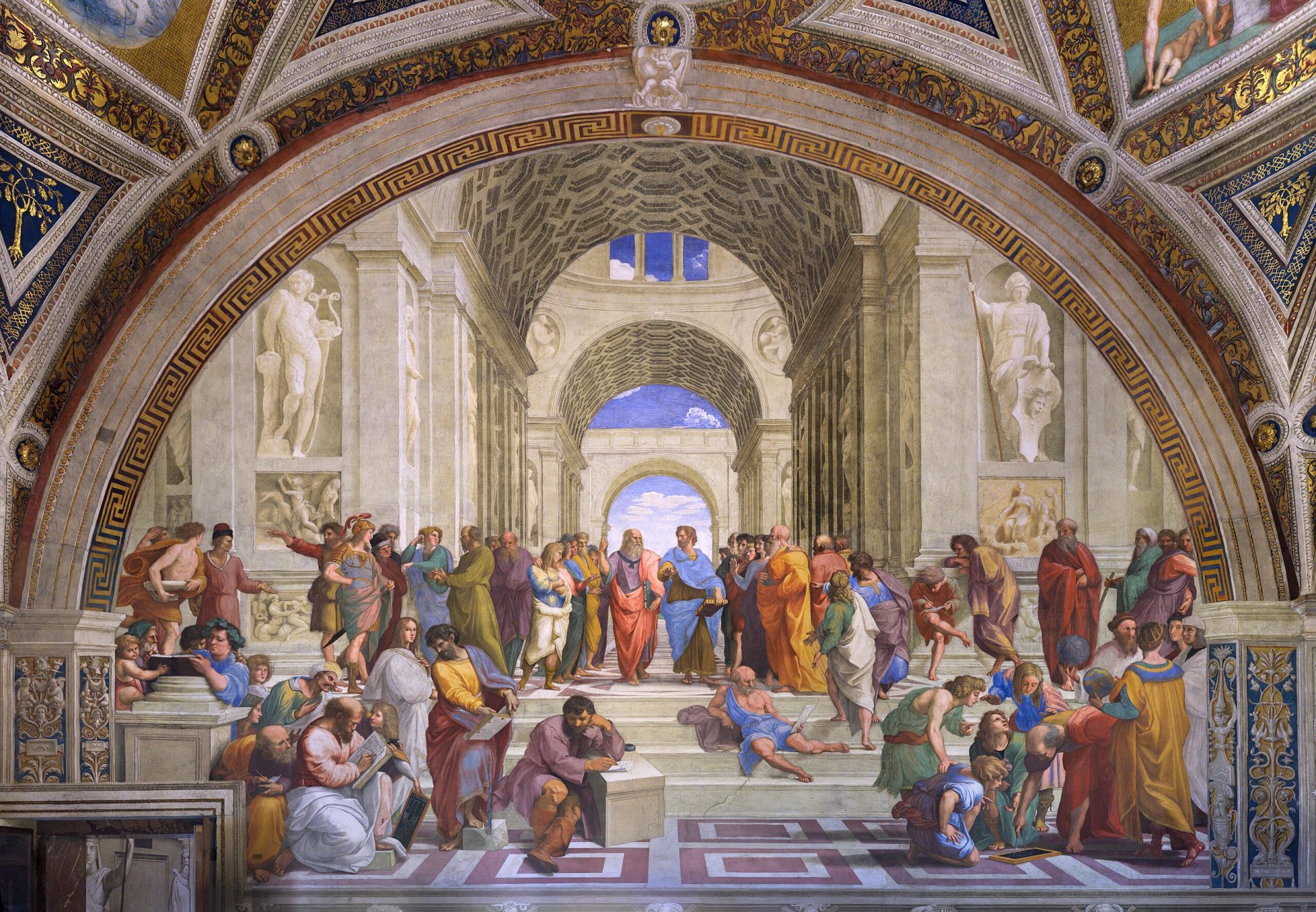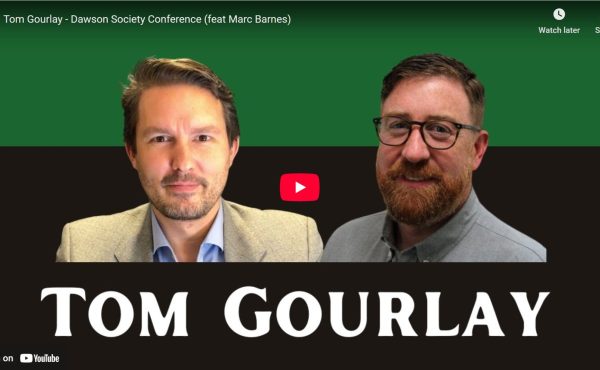The Dawson Society was pleased to host our first event for 2024 as a half day conference on the theme of education. The theme of the conference stemmed from discussions surrounding the release of the Australian Universities Accord Report which was released in 2024.
Much of the reporting around the Report focused on funding models, student numbers, and equity in education. While these topics are undoubtably important, what is often left unexamined is the philosophy of education that underpins the mechanism by which education might be delivered.
Australians already devote an enormous amount of time and resources into education with the most recent census (2021) finding that 6.2 million Australians were attending an education institution. Schooling in Australia is an accepted, and almost universal experience from kindergarten to Year 12 and rates of higher education attainment have increase significantly in the last thirty years.
The consensus moreover appears to be that education will continue to expand in Australia. Among the Report’s recommendations are a university attainment rate of 80% of all Australians, equity funding models, and increased governmental regulation of the sector. With calls to double the number of university places, there is a clear expectation that institutions of higher education will continue to expand their role in Australian society.
But education is not only the purview of governments and institutions. It is parents are primarily charged with the responsibility of educating their children, and individuals of all ages feel the necessity of taking responsibility for their own education with many driven by a pervading thirst for knowledge that would see them spoken of as ‘life-long learners’. Many private companies cater to this desire for learning by providing courses and tutoring, while the internet has provided a wealth of (often free) resources for those who wish to follow an interest or learn a new skill.
In this context, the importance and value of education and the systems by which we educate are can easily be taken for granted. When debates about education arise, they often focus on issues of funding, equity, and inclusion, and occasionally even content. While such debates are doubtless important, the often rest on unexamined assumptions as to the nature and purpose of education per se. And so, it is critical that we also spend time to examine on a deeper level what it is we mean when we speak of education: What in fact is education? What makes an education a “good education”? Does education have a purpose, or is it a good in and of itself?
The half-day conference “What is a Good Education?” provided a forum to discuss these questions and particular thanks must go to our speakers, Dr Tom Gourlay, Mr Paul Kelly, Dr Elena Juan Pardo, Mr Daniel Matthys, and Dr Phillipa Martyr for generously giving of their time to offer their own perspectives on education.
As was articulated at the start of the conference, the intent was very much a discussion which welcomed a diverse range of topics and perspectives. It is also very much our hope that the presentations open an ongoing dialogue with and between our attendees. Selected presentations from the conference will be published over the coming weeks on our website and podcast.



